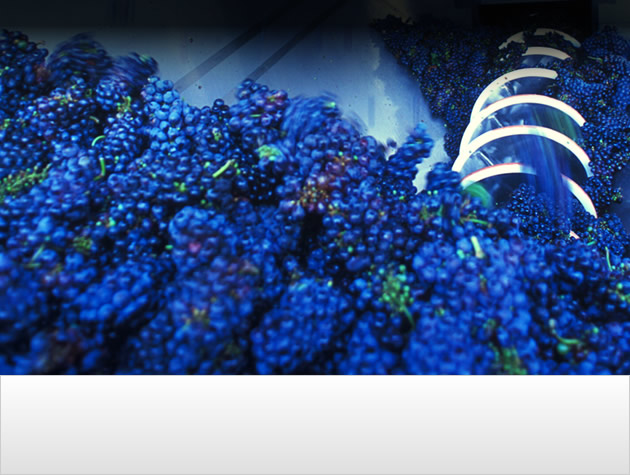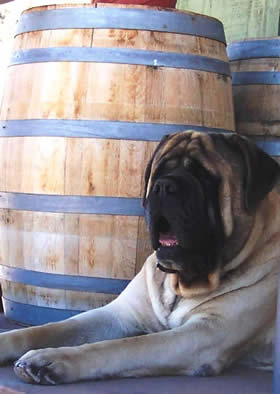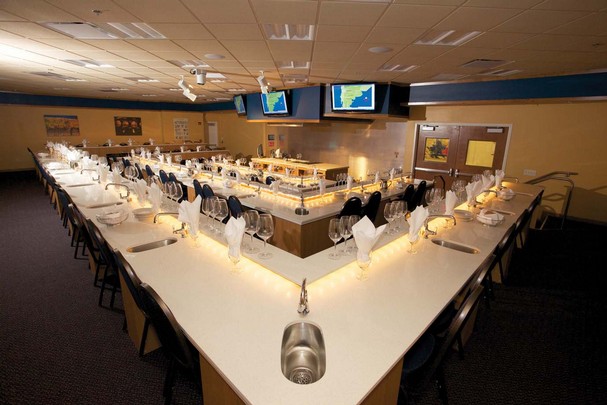The Common Man Behind the Curtain
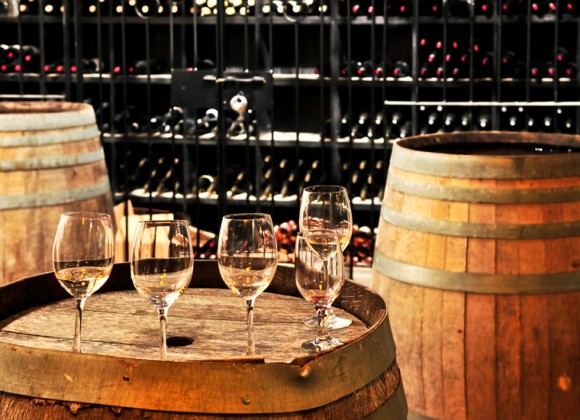
What comes to mind when you think of a winery? It’s probably a picturesque property covered with vines, a sophisticated tasting room that pours the range of wines, maybe a few knick-knacks, and that mysterious cellar you can get invites to if you’re a member of the club or there’s a special event. That or it’s something quaint and rustic with not much fancy decor, but still a good bit of tourist charm.
The world looks a little different when you’re on the other side of the tasting room table, though. When I tour a winery, I usually go where no tourist has gone before (because they usually don’t want you to see those parts). This month I want to take you through some of the guts of a wine operation and familiarize you with how that fancy property runs, and what goes into that romantic tourist experience you get when visiting.
The Winery as a Farm
The first thing people need to understand about wineries is that there are three basic businesses going on. The first, if the property has any vines, is that you’ve come to a farm. Wineries are agricultural businesses that grow grapes. Vineyard managers deal with all the issues that any farmer faces: soil quality, irrigation, weeding, pests, diseases, frost, natural disasters, etc, etc. Your typical vineyard is going to have a large range of farm equipment and a number of field hands to get the work done.
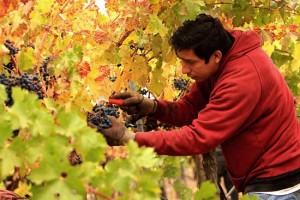 Vineyards can be very labor intensive. New vines are planted in the spring, the fruit and canopy are managed over the summer months, harvest takes place in the fall, and the whole vineyard gets pruned back in the winter. Every pass through the field is an expense, and for an industry that focuses on quality over quantity, several passes are often required. The farmers continue to toil though, because without great grapes, you can’t make great wine.
Vineyards can be very labor intensive. New vines are planted in the spring, the fruit and canopy are managed over the summer months, harvest takes place in the fall, and the whole vineyard gets pruned back in the winter. Every pass through the field is an expense, and for an industry that focuses on quality over quantity, several passes are often required. The farmers continue to toil though, because without great grapes, you can’t make great wine.
The Winery as a Factory
The second aspect is the winery itself. This often gets over-romanticized as a place of wonder, but in all honesty, it’s a food production factory. The purpose of a winery is to take the grapes and process them into a beverage. Like any processing factory, you have input streams, and output streams. Grapes come in during the harvest. The stems, seeds, skins, and leftover yeast and sediment from the fermentation all go into a waste stream. Most wineries will compost their solid waste into the vineyards. Liquid wastes go off to aeration or sluice ponds where they get broken down by bacteria in a fashion similar to a septic tank. Few tourists get to see the waste water ponds, but they are as important to the winery operation as any other aspect. Sanitation is one of the primary jobs in a winery, just like any food production. Winemakers spend at least half their time cleaning equipment to make sure wine doesn’t spoil. Along the way everything gets analyzed. The resulting end product is the wine. Once the food is finished, it gets packaged and handed off to the third business.
The Winery as a Business
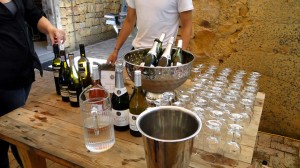 The last part in the chain is what most people know of as a winery, which is the sales and marketing. You can make the best product in the world, but if you can’t sell it, you have no business. Most small wineries will operate a tasting room on-premise, and also sell through a number of channels, including restaurants, resorts, bars and retail shops. Larger companies work through a distributor, but most small mom and pop operations do all the work themselves. Along with the wine sales comes all the advertising and marketing, which is basically the hats and t-shirts and other such trinkets you get.
The last part in the chain is what most people know of as a winery, which is the sales and marketing. You can make the best product in the world, but if you can’t sell it, you have no business. Most small wineries will operate a tasting room on-premise, and also sell through a number of channels, including restaurants, resorts, bars and retail shops. Larger companies work through a distributor, but most small mom and pop operations do all the work themselves. Along with the wine sales comes all the advertising and marketing, which is basically the hats and t-shirts and other such trinkets you get.
It’s by far the cleanest and least physically demanding part of the business, but in many ways can be the hardest job in the winery. I often tell people that they should visit wine country during harvest time and go to the local pub at night for entertainment. The second thing I tell them is to look around the bar for everyone that has black hands and farmer tans, as they’re usually the people that work at the wineries growing and making the fine products you try at those posh tasting rooms.
For all the elitism that often comes with wine, behind the scenes it’s very much blue-collar dirty work done by the common man. So go visit your local farmer/food producer/wine salesman and appreciate their hard work. As always, do so responsibly.
